
Data is one of the most valuable assets available.
For better or worse, data collection techniques aren’t going anywhere. To be practical, we need all sorts of data to analyze, study, and learn about things.
Of course, it also brings in the risk of exploiting the data collected, such as malicious agencies getting hold of your browsing data (or internet activity).
While data collection methods have improved over time (like anonymous collection practices), they may not be entirely privacy-friendly.
Fret not; you need not be an expert to protect your privacy.
Some simple tools enhance your privacy without compromising the user experience. And, the best thing—you do not need to waste time researching these options like there’s no tomorrow.
Here, I highlight such simple tools to guard your online privacy easily.
Basic Tools to Step Up Your Online Privacy
The best way to protect your data is to focus on the options you interact with the most.
While you have to right to be paranoid, you shouldn’t forget the practical use cases.
For instance, it is useless to opt for a decentralized messenger that none of your friends/family uses and end up using WhatsApp most of the time.
Hence, we list some of the options that you can easily try without making any special efforts, categorizing them as:
- Web Browser
- VPN Services
- Search Engines
- Messengers
- Operating System
- Password Manager
Open-Source Web Browsers for Privacy
From banking to social media access, the web browser helps you.
If you choose a web browser that offer good security and solid privacy features, you end up with a few things to worry about.
Among our top choices for web browsers, some recommendations include:
1. Tor Browser
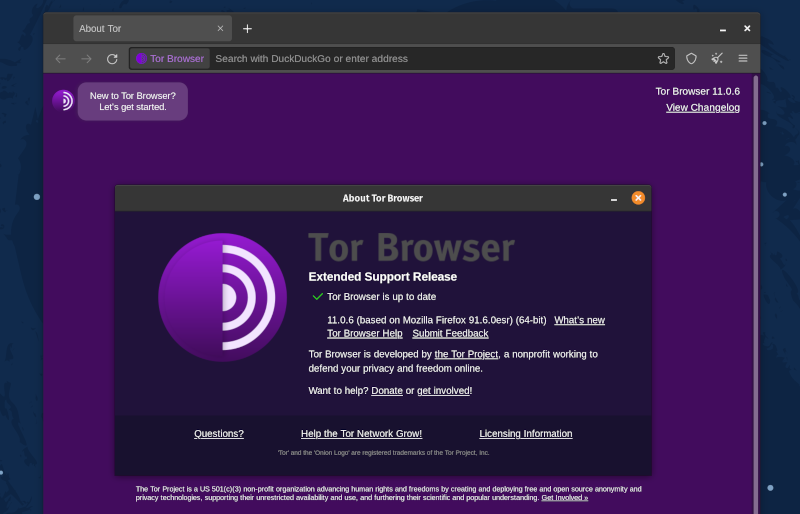
Tor Browser is a free and open-source browser with solid privacy features. It is a customized version of Firefox.
It utilizes the Tor network for connection, routing your internet requests through multiple points, hiding your IP address and location.
When you browse a website/service through the Tor Browser, it is almost impossible to trace you back.
However, the browsing experience can be incredibly slow. So, if you are ready for the trade-off, Tor Browser can be the perfect pick.
2. Firefox
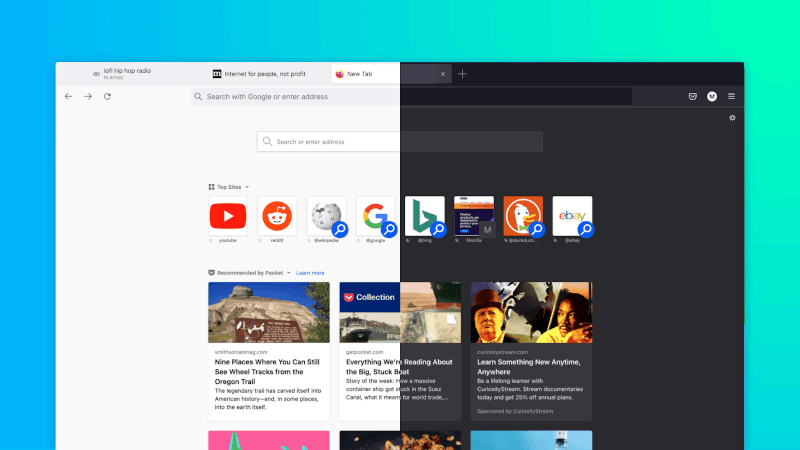
Firefox is arguably the most impressive open-source browser. No wonder I keep coming back to it.
It includes some of the best privacy protection features and often introduces new industry standards to secure your web experience.
You can install some of the best open-source add-ons and customize the options to enhance privacy protections further.
3. Brave
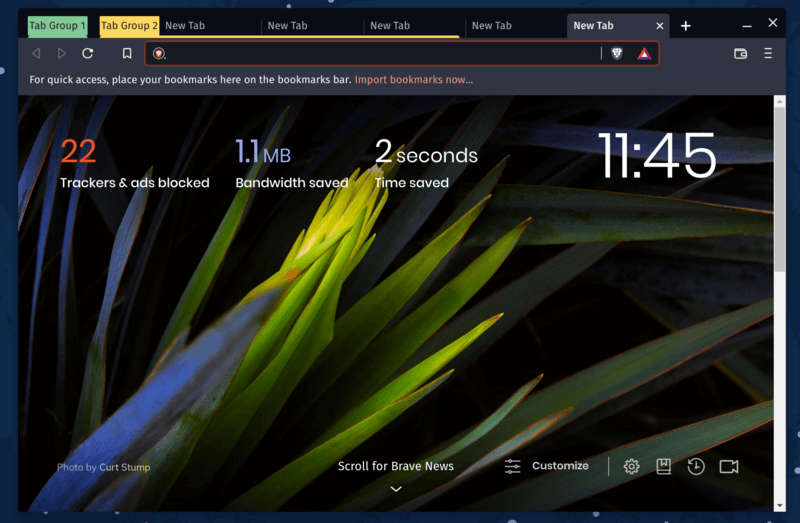
Brave is one of the best browsers available for Linux. It offers a clean user experience and resembles a bit like Chrome.
From its tracking protection and aggressive tracker blocking out-of-the-box, Brave can be a solid option.
You can learn more about its advantages and trade-offs in our Brave vs Firefox comparison article.
VPN Services to Enhance Privacy
A VPN (Virtual Private Network) helps secure your internet connection overall, whether you are using a computer or a smartphone.
It also hides your original IP address, and location, and unblocks access to any restricted and censored content.
While there are a lot of privacy-focused VPN services, we list a few here:
1. ProtonVPN

ProtonVPN is an impressive privacy-centric service with open-source applications for desktop and mobile.
You can use it for free, but you need to upgrade the subscription to get access to features like malware blocking and tracker protection. It also offers bundled subscription plans with ProtonMail.
2. Mullvad
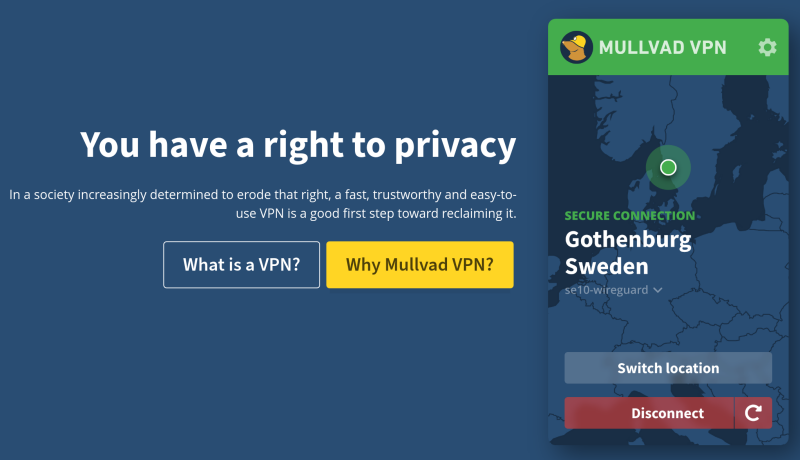
Mullvad also offers an open-source client and is an interesting VPN service that needs no email address to sign up.
All you have to do is generate a user ID, and make payment for the subscription using a cryptocurrency/credit card.
Private Search Engines to Keep Your Internet Activity Safe
What you search on the web tells a lot about you and your work.
Malicious parties can easily exploit the data on your search activity to lure you into a scam.
So, a privacy-friendly search engine should help you get there. I prefer using these two options:
1. DuckDuckGo
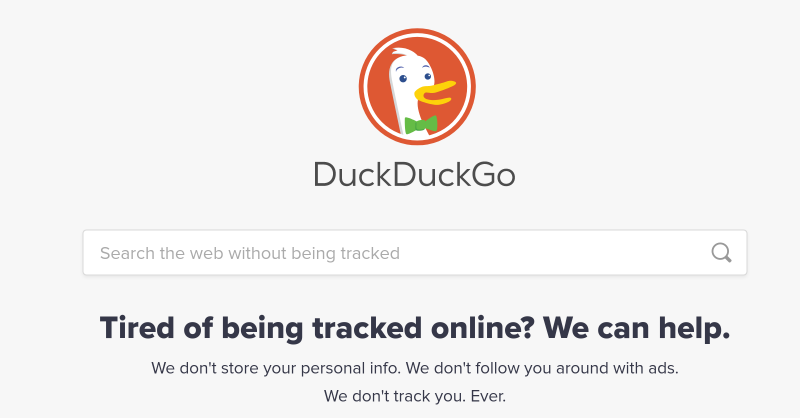
DuckDuckGo is one of the most popular private search engines that claim not to record any of your browsing data.
Over time, DuckDuckGo has also improved its search result quality, so you should get what you’re looking for most of the time.
2. Startpage
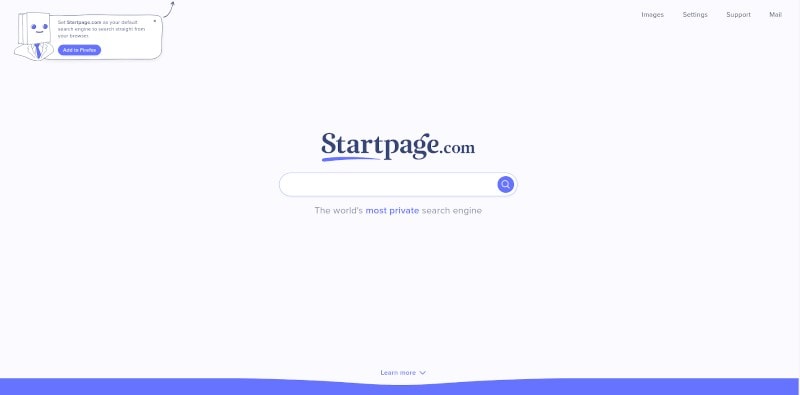
Startpage is an interesting alternative that resembles the look of Google search and utilizes the same results but without collecting your data.
If you want search results closest to Google and still want to have a number of privacy features, Startpage can be an option.
Suggested Read 📖
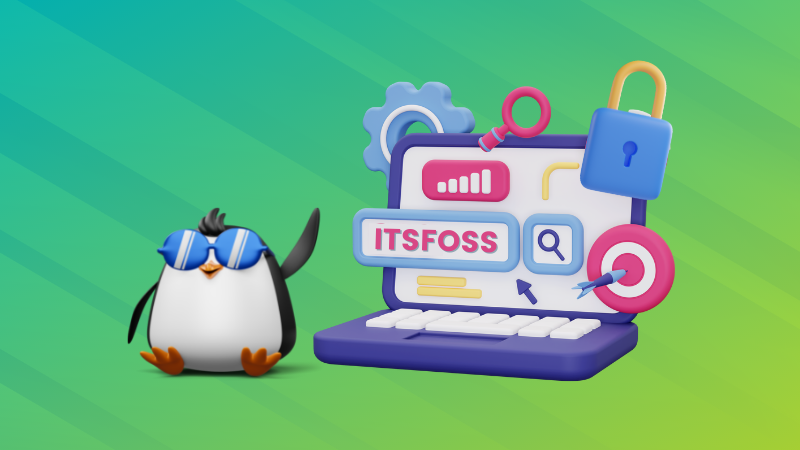
Secure Messenger to Protect Your Conversations
Whether it’s the government or the app itself, if you want no one to access your conversations except the intended recipient, private messengers should help.
While most of the users swear by WhatsApp, it is not the most privacy-friendly solution. And, yes, Facebook Messenger is not even an option to consider.
Here are some of the best WhatsApp alternatives:
1. Signal

Signal is an open-source messenger that supports end-to-end encryption and can be installed on your Linux desktop.
It also features several privacy features to keep the conversations safe.
2. Threema
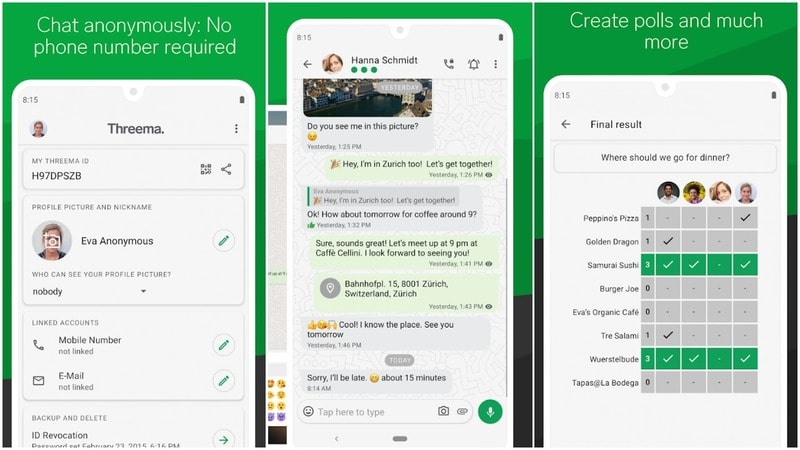
Threema is a paid application that features all the essentials from Signal without requiring your phone number.
It also offers a separate version for work. Threema can be a good pick if your friends/family are willing to purchase the app with a one-time fee of about $3.
Choose a Secure Operating System to Build the Foundation
It is understandable if you cannot choose Linux over Windows as per your requirements.
However, if you want to make the switch, to get complete privacy, here are some options among the list of secure Linux distributions available.
1. Linux Mint

Linux Mint is a fantastic Linux distribution for everyday usage. It manages to do a few things better than Ubuntu while being based on it.
It focuses on user choices and regular security updates to keep the operating system safe.
2. Qubes OS

Qubes OS is a security-focused distro that can be overwhelming for beginners.
However, if you want to take the adventure of using one of the most secure/private OS, Qubes OS is a must-try.
Password Manager to Secure Accounts
No amount of privacy measures will do any good if an attacker can easily access any of your online accounts.
So, you must generate stronger and more complex passwords. And, without a password manager, it is tough to do that.
Among the best password managers for Linux, I’ll suggest using this:
1. Bitwarden
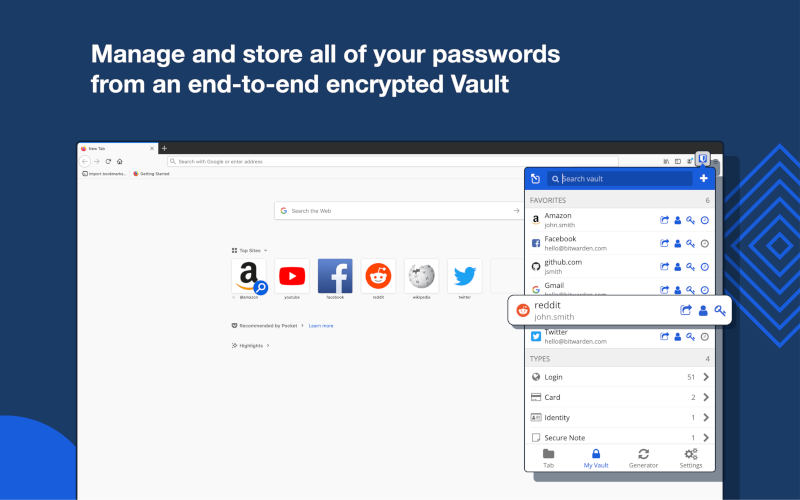
An open-source password manager that offers all the essential features for free.
If you want to unlock its premium features, it would cost you just $10 a year.
Wrapping Up
There’s no end to the number of privacy-focused options available.
After all, a major chunk of those use “privacy” as a marketing gimmick or end up being unusable for end-users.
So, it is better to stick with some tried and tested services to use what works best for you.
💬What do you prefer to use among the tools listed? Do you have a favorite? Share your thoughts in the comments below.


